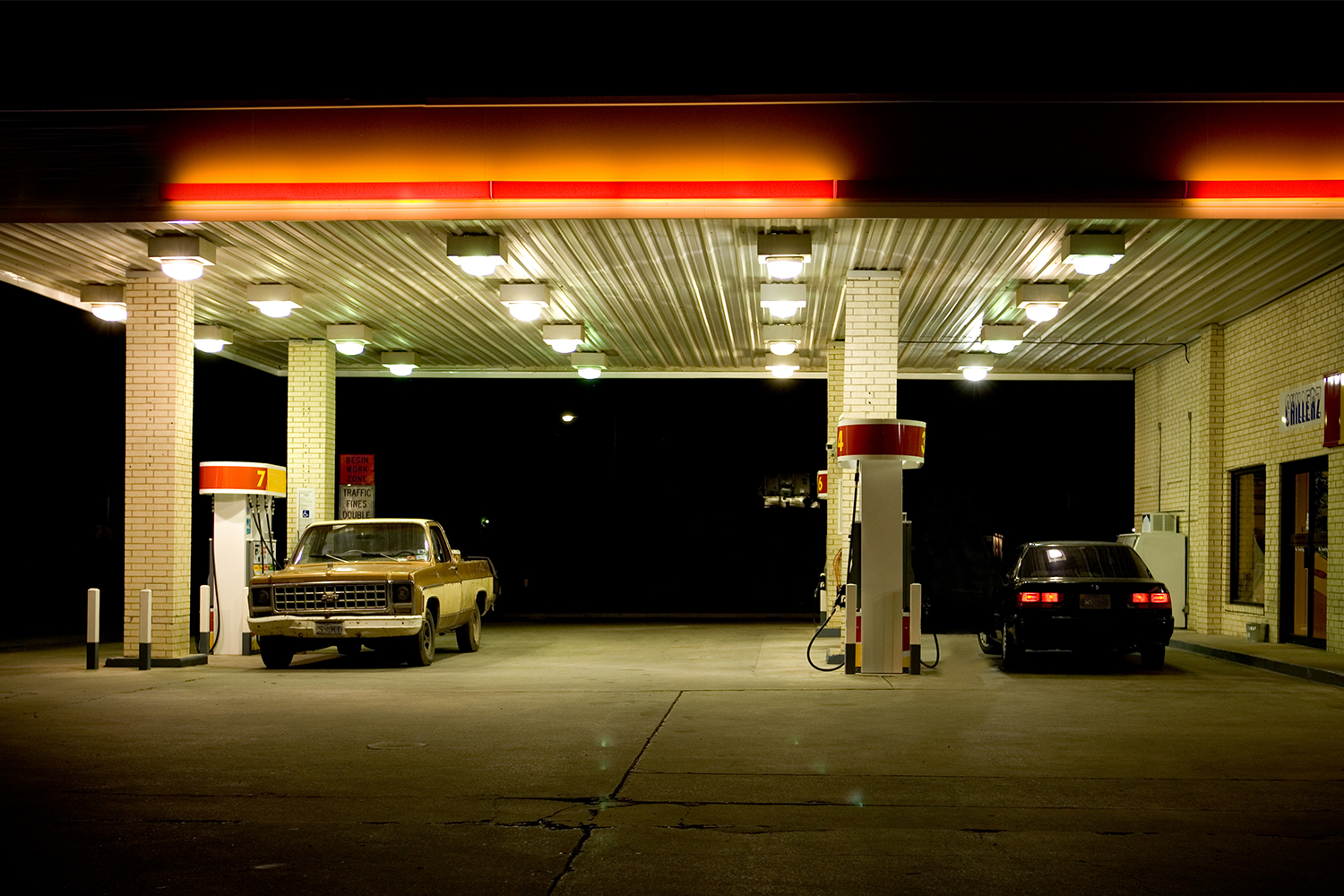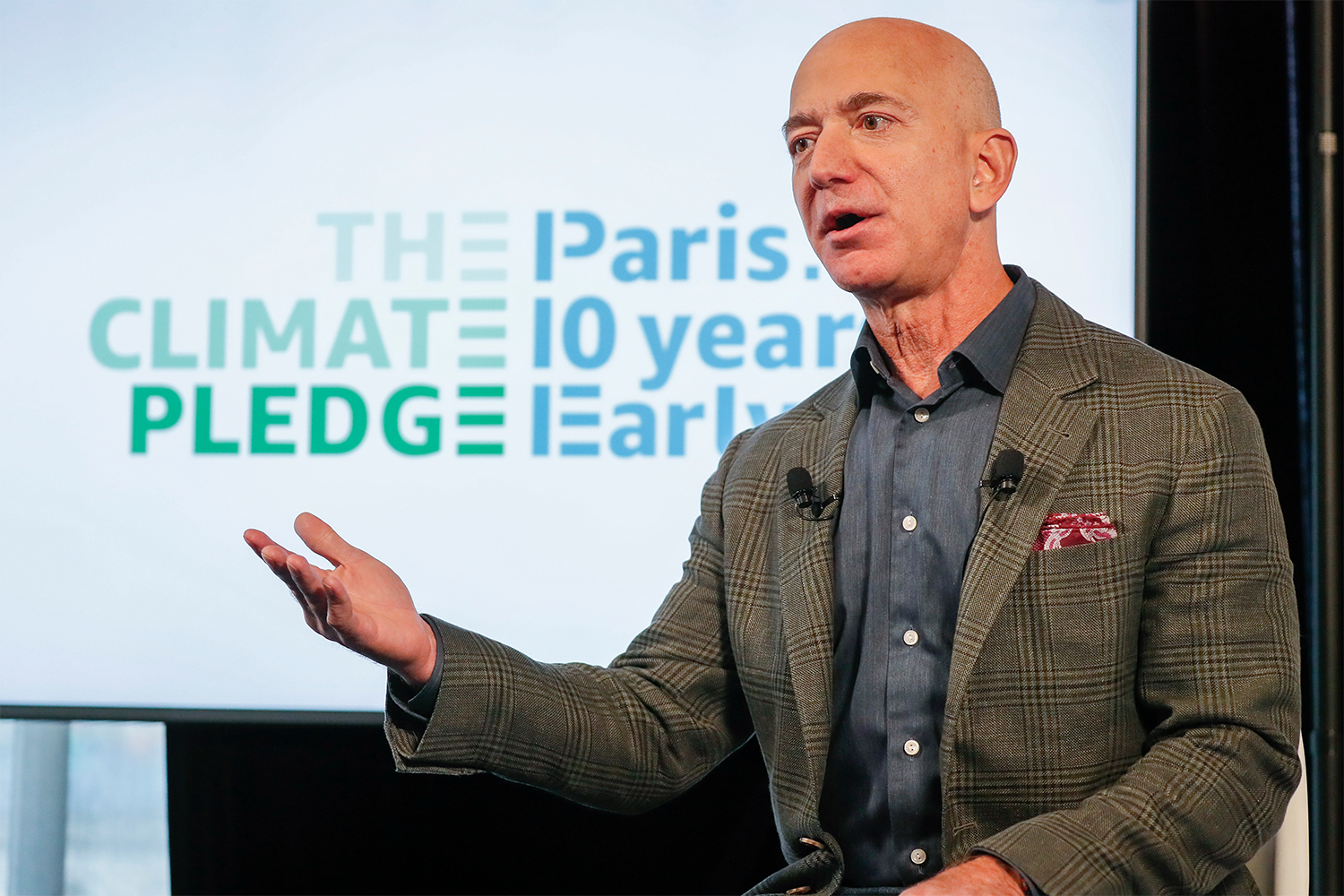There’s a major new report out today from the Intergovernmental Panel on Climate Change. You’ve likely already seen some of the findings from the UN-backed scientific organization, or maybe just the apocalyptic headlines. The New York Times went with “A Hotter Future Is Certain … But How Hot Is Up to Us,” while The Guardian warns “Major climate changes inevitable and irreversible.” With near-hopeless outlooks like that, you’d be forgiven for doing the crossword instead of reading the summary.
However, within the IPCC’s report, which is being called “a code red for humanity” by Antonio Guterres, secretary-general of the United Nations, there is a smidgen of hope. And if there’s something you — the normal citizen wondering whether or not it’s worth getting involved in the fight to halt climate change — should take away from this report, it’s that promise of a better tomorrow.
First, the state of things. According to the report, there is no longer any room for doubt about human-caused climate change, as it is “unequivocal that human influence has warmed the atmosphere, ocean and land.” Due to ever-increasing fossil-fuel emissions, the planet has already warmed by 1.1 degrees Celsius since preindustrial times, and we are likely to hit 1.5 degrees in the next two decades and 2 degrees sometime this century — the lower threshold and the upper threshold of the Paris climate agreement, respectively — “unless deep reductions in carbon dioxide (CO2) and other greenhouse gas emissions occur in the coming decades.”
What if we don’t slash emissions? The effects we’ve already seen across the world — drought, heatwaves, wildfires, floods, sea-level rise, stronger storms — will only increase. No country is safe from the fallout.
The bad news: We are likely to hit the 1.5-degree mark. The good news: If the world finally takes the climate crisis seriously and drastically cuts fossil fuels like coal, oil and gas, as well as other emission sources such as methane from animal agriculture and oil and gas production, we could reverse the human toll that is on the horizon.
If swift action is taken, the results could come quickly. For example, say we cut all greenhouse gas emissions today, what would happen? Bloomberg Green lays out the scenario: “Almost as soon as emissions cease, heating will cease and temperatures will stabilize in a couple of decades. But some effects — such as sea-level rise — will remain irreversible for centuries. It’s a race between the avoidable and unavoidable, and humanity is behind.”
Of course, putting an immediate stop to all emissions is impossible. What’s very much doable is taking a stronger stance on emissions in the face of this frightening report.
We have a shot at the upcoming COP26, the 26th United Nations Climate Change conference, this November. But if we’re going to solve this — and stave off the worst effects, such as the cataclysmic melting of ice sheets — the United States must lead by example, and we can’t do that while we’re still building brand-new fossil-fuel infrastructure.
Thanks for reading InsideHook. Sign up for our daily newsletter and be in the know.

















